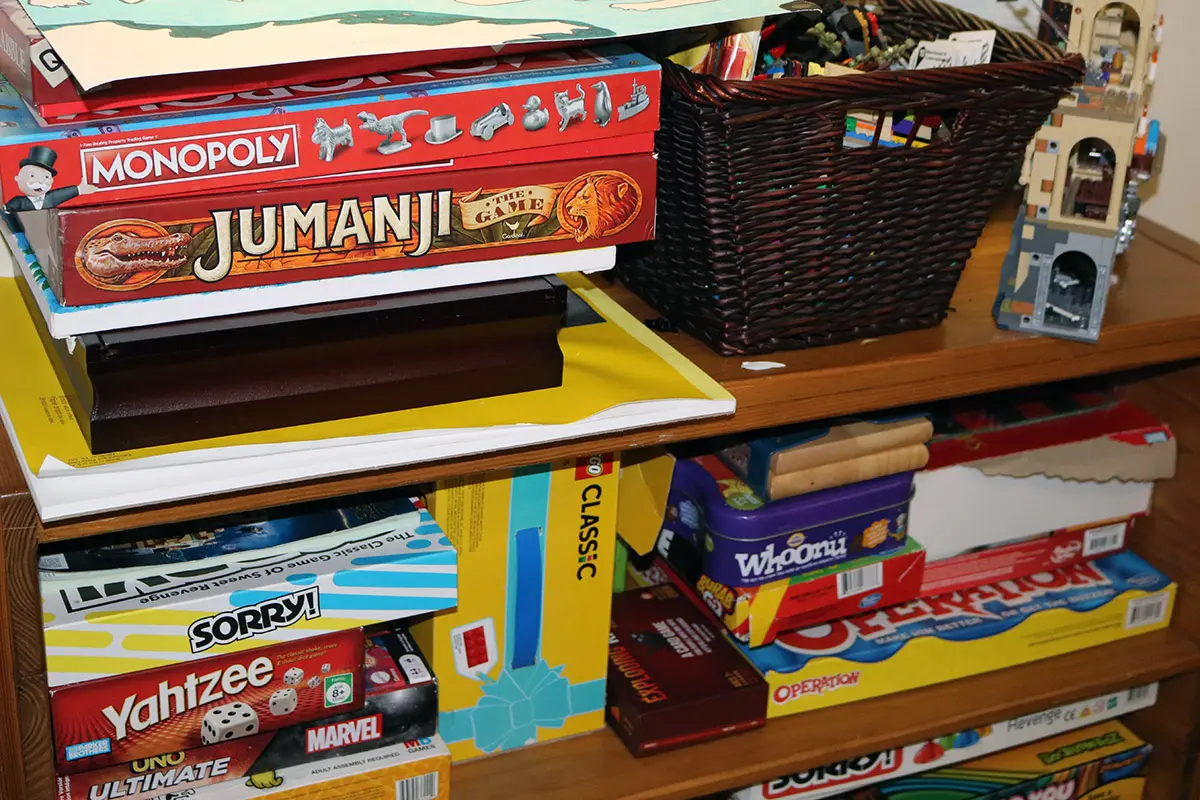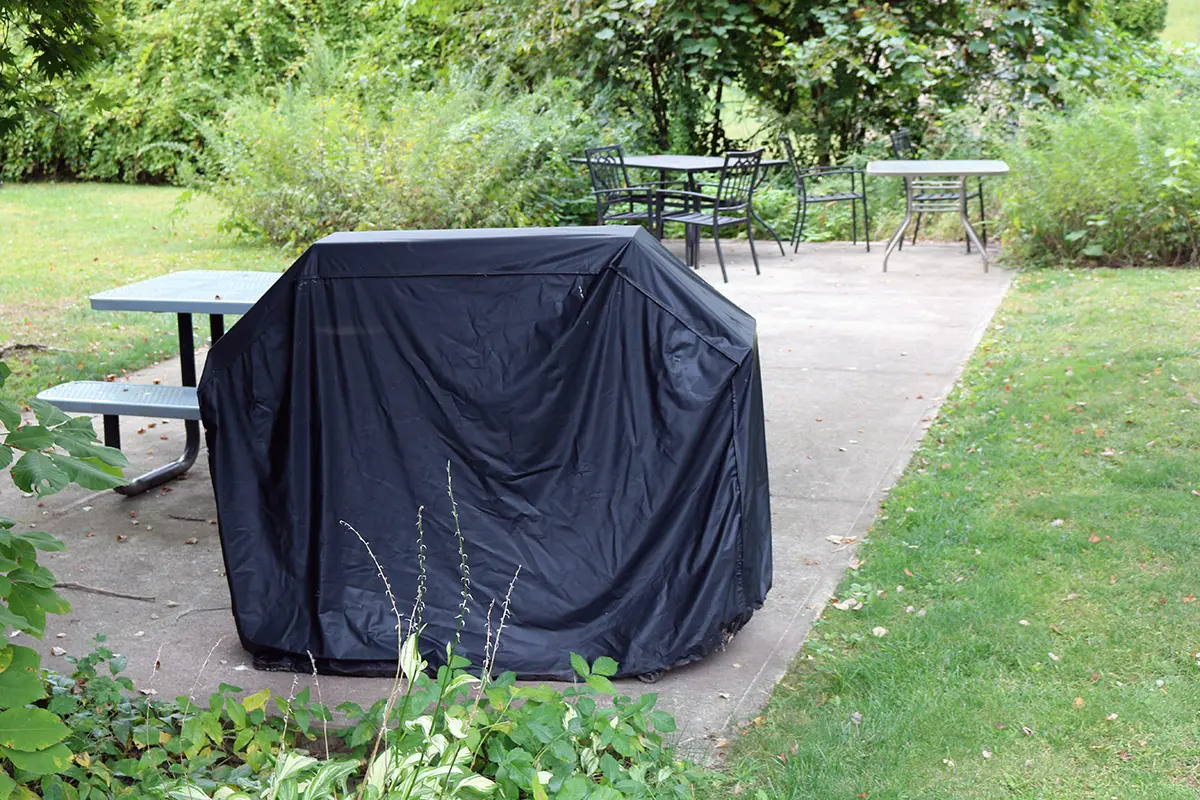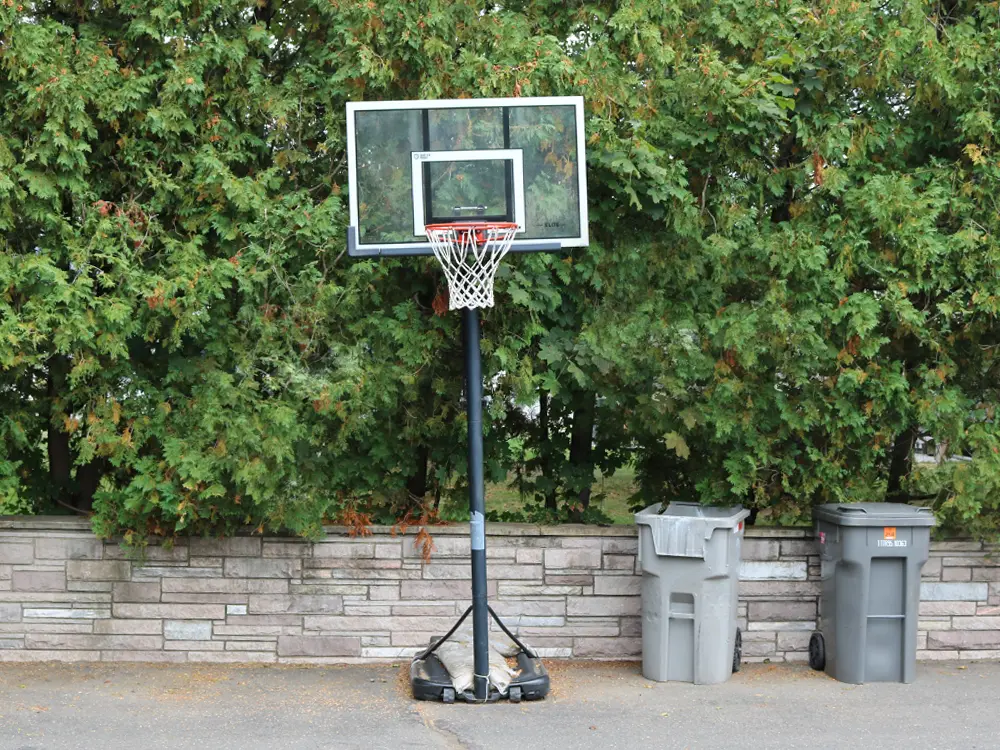Safety, healing, and hope for youth in crisis
Tucked into two quiet neighborhoods in Plainville and Bristol are Wheeler’s only residential programs, home-like care settings for youth.
The young people living there have their own rooms decorated like teenagers everywhere, go to school, take day trips on the weekends, visit the gym, listen to music, play Just Dance or board games at night, cook meals, and do their homework.
Wheeler can house up to four youth in each home, but the two settings are very different. Farm Hill in Plainville is for females aged 13 through 16 but can sometimes accept youth who are outside of that range, with some caveats. LIGHT House in Bristol is for males aged 14 to 21.
“I do this work because these kids need us,” says Kelly Bergeron, LMFT, director of community, crisis, and prevention programs. Bergeron has worked in residential programs since 2009 and instinctively understands the special role that congregate care fills.
“We get to really know these kids,” she adds. “To work well here, my staff need to be able to look past behaviors and see the underlying causes that brought each of these young people to Wheeler. We are trauma-informed and centered on healing. You have to be able to think outside the box and not take things personally. You have to be open to hearing, and more importantly, really listening. There’s nothing else like it. We’re like their family.”
All referrals for congregate care services in Connecticut go from the Department of Children and Families (DCF) to Carelon Healthcare Services, who determines the level of care needed, conducts interviews with the youth, and places them with Wheeler or other providers. The placements into a specific program are discretionary for the youth, who meet with staff and see the home first, and placement is voluntary. Congregate care is funded through DCF.
Wheeler’s two houses are staffed 24 hours a day, seven days a week. Staff and youth cook and eat meals together, go over life skills, play games, and do homework. While bedrooms are private, staff check on the youth every 15 minutes, and there are cameras in all the common areas and hallways. The windows and doors are alarmed for safety. Youth are not allowed to have their own cars, but driver’s education is encouraged for the future, and the youth can leave under specific conditions and supervision, sometimes even overnight with friends or family with proper planning and oversight.
“We try to keep it as homelike as possible,” Bergeron says. “Our job is to make these young people independent, to take care of themselves. We help to provide the skills they didn’t learn in their original home. On top of it, we offer individual and group help and treatment to get them to the next stage of their life.”
Youth typically attend Plainville or Bristol public schools during the school year, or Wheeler’s Northwest Village School in Plainville, but sometimes remain in their original school system. One current client travels more than 45 minutes each way for school. Wheeler also works closely with neighbors, who Bergeron says are wonderful and understanding.
The youth live in congregate care for up to three years each, though stays are typically for twelve months. For discharge, Wheeler ensures a youth is meeting their progress in treatment and must have some kind of educational plan in place, for example, in the trades or community college. Females can be discharged on their own at age18; males must discharge by age 21. Typically, younger clients discharge to foster care or some other family setting, and every youth discharged sees Wheeler for aftercare for six months. Many choose to stay in touch much longer, which Bergeron said fuels her appreciation for the hope that Wheeler provides.
“We become like family. They’ll sometimes call us years after they’re discharged, letting us know they’re going to college, or they got a job. One recently shared that they’ve decided to get into direct care, to do the same kind of helping that gave her so much. This is special work.”







